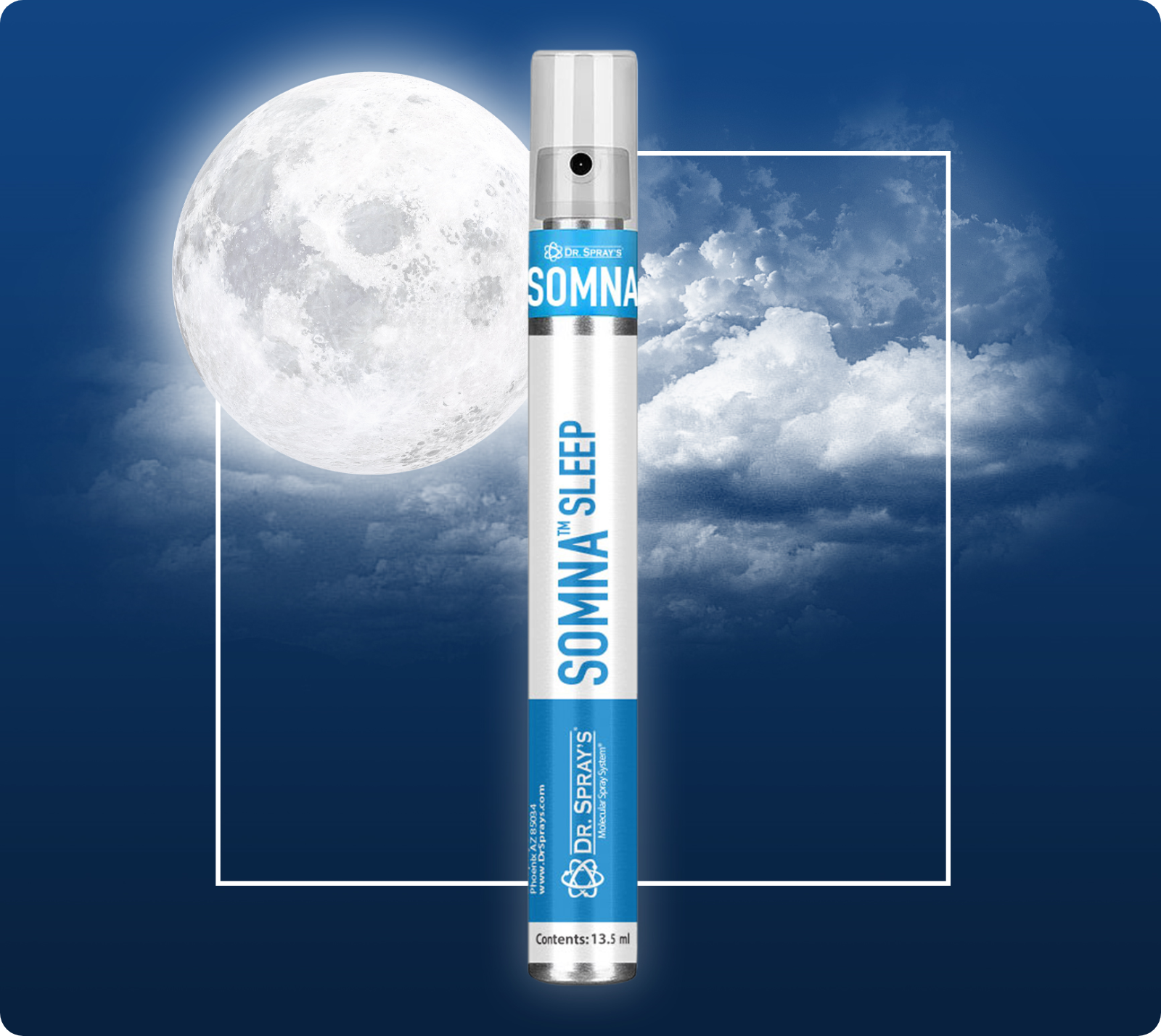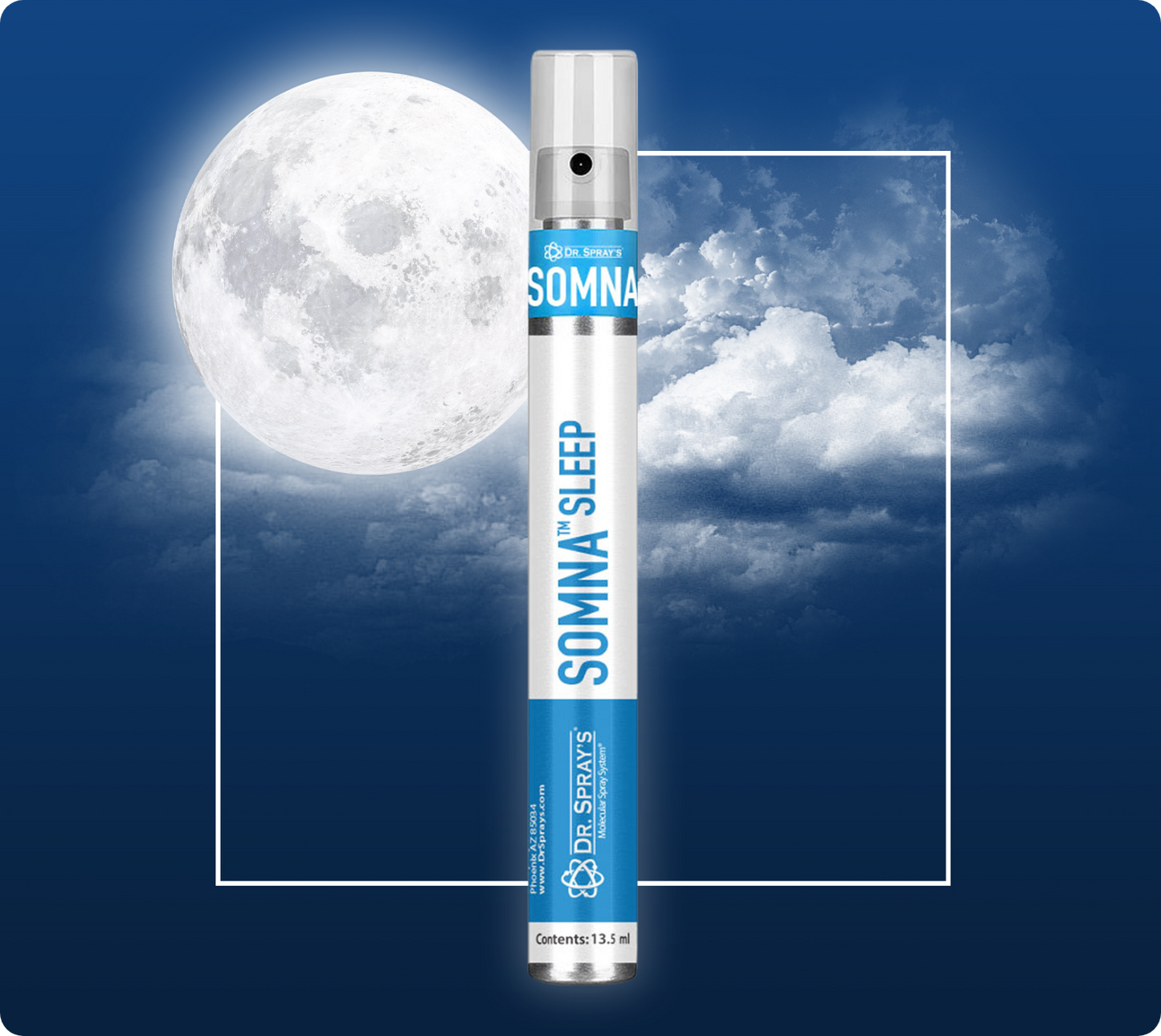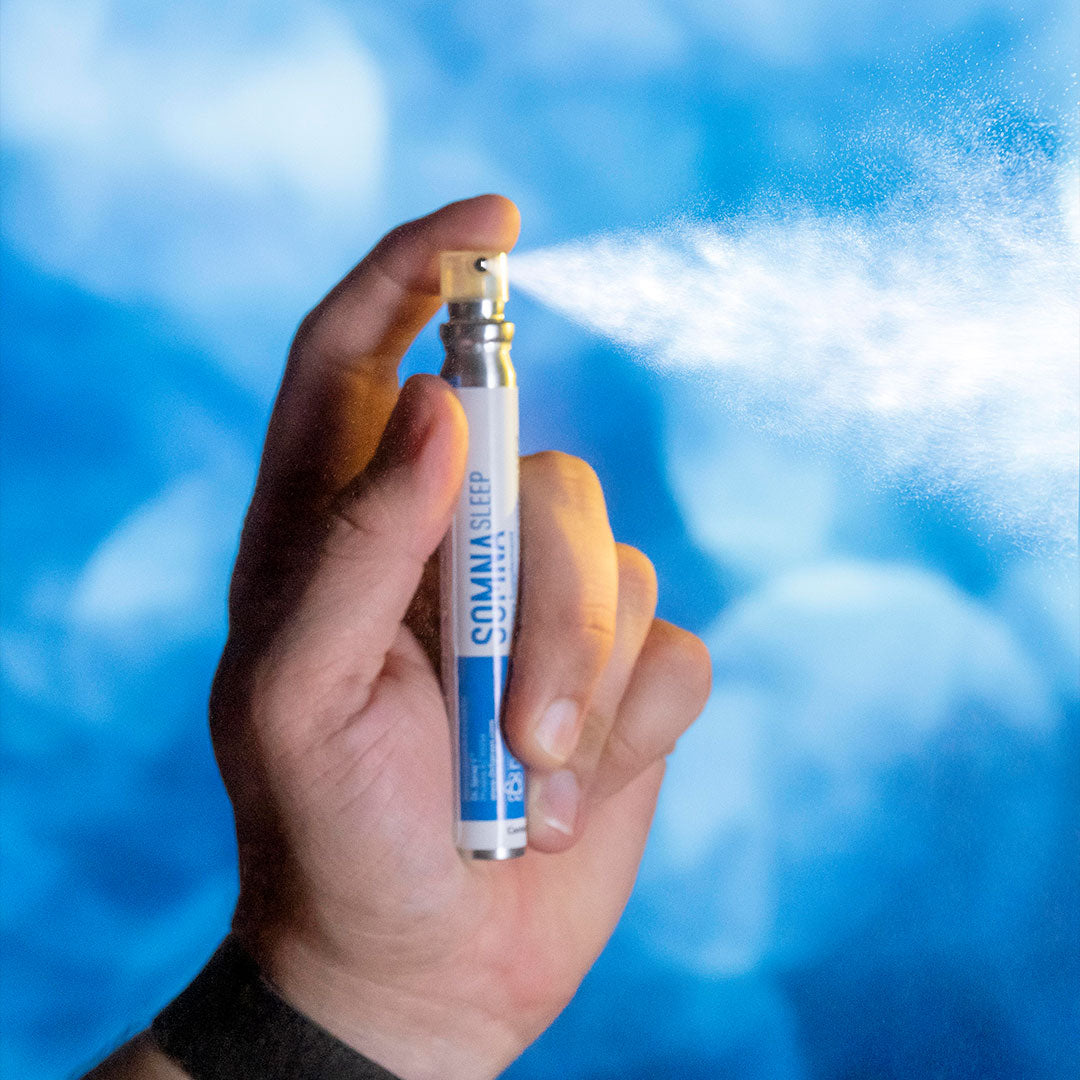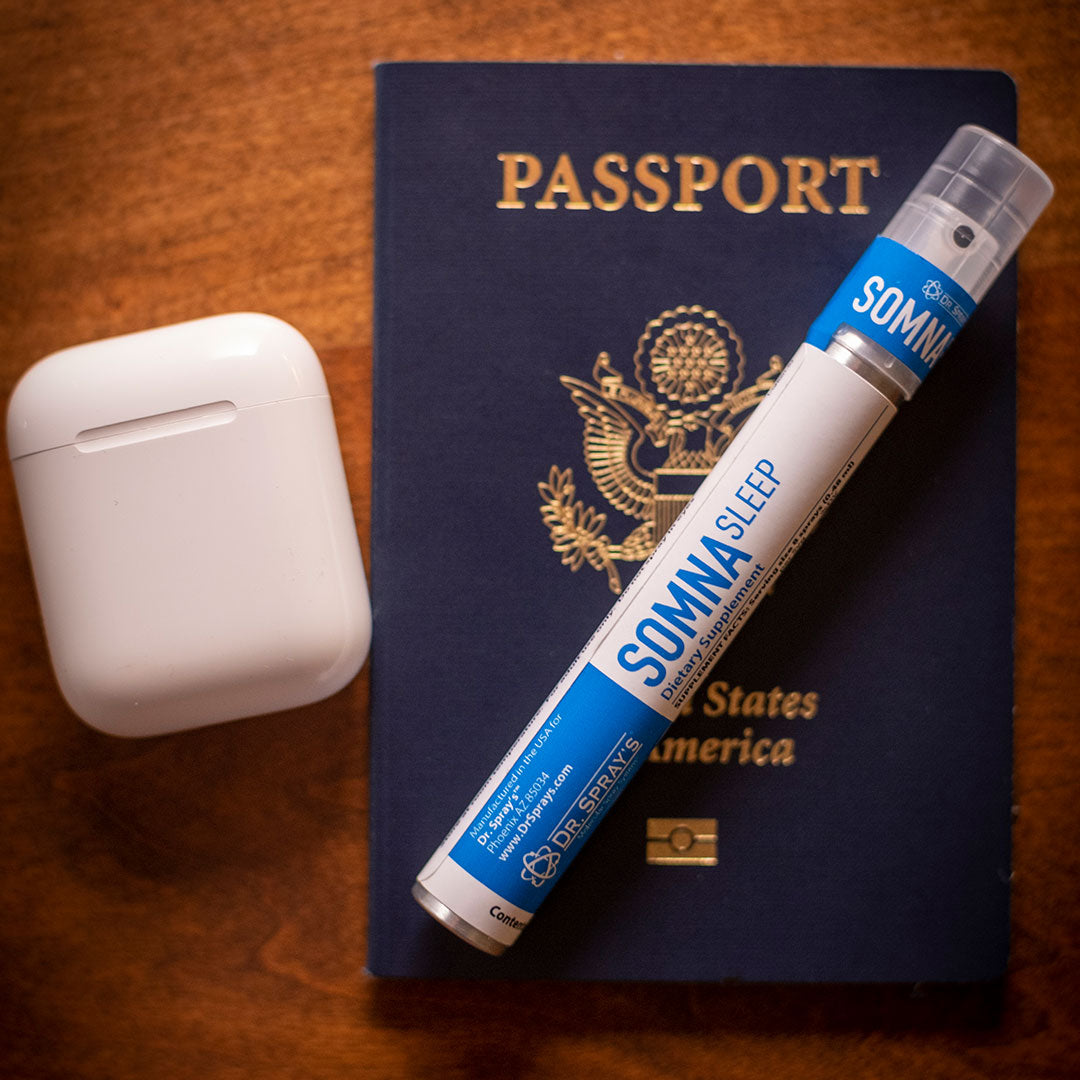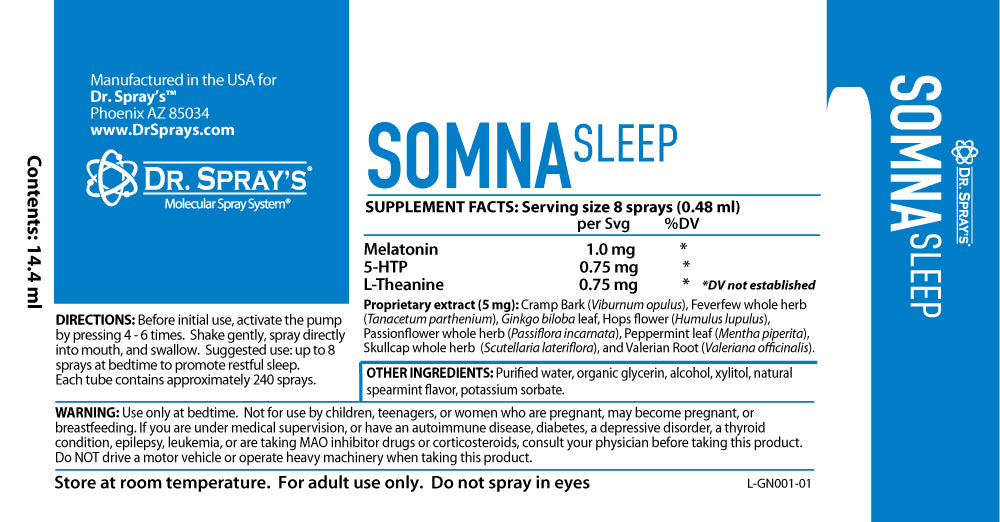The use of Benadryl (diphenhydramine) for occasional bouts of insomnia is quite common. Some people have found it to be the most effective medicine to help them get a good night’s sleep. While Benadryl provides relief from occasional sleeplessness, it is not recommended for long-term use due to potential health risks.
Benadryl is an antihistamine, which blocks the action of histamines in the body and produces sedative effects. Histamines are chemicals produced by your immune system in response to allergens and other irritants, causing symptoms such as sneezing, itchy eyes, and runny nose. By blocking the action of histamines, Benadryl helps to provide relief from these symptoms.
Although it may not immediately seem like it could help with insomnia, when taken before bedtime, Benadryl can produce a temporary drowsiness that makes it easier for some people to fall asleep. However, taking Benadryl on a regular basis for prolonged periods of time should be avoided.
When taken at normal doses, Benadryl can cause side effects such as confusion or difficulty thinking clearly. Prolonged use of Benadryl can also increase the risk of adverse reactions such as depression, anxiety, slowed heart rate, and breathing problems. Additionally, using Benadryl over time may lead to dependency or tolerance to its effects.
Before taking any medication for insomnia – even something as commonplace as Benadryl – talk to your healthcare provider first. If you’re having difficulty sleeping on a regular basis and find yourself reaching for Benadryl more frequently, your doctor will be able to diagnose your condition and offer solutions that are more effective and less risky.
First, it’s important to recognize that the main ingredient in Benadryl is an antihistamine that has been
used for many years to treat allergies, hay fever and other conditions. Antihistamines work by blocking the
action of histamines in our body, making them useful in reducing or preventing symptoms from allergies.
But even though these drugs are meant to be used as short term treatments for seasonal allergies and colds,
many people use them as long-term sleep aids.
It's important to note that the long-term effects of using Benadryl as a sleep aid hasn't been fully
studied. While some studies suggest there may be benefits to taking an antihistamine at night, such as less
allergy symptoms during the day, other studies have suggested they can cause side effects including fatigue
and confusion. Additionally, long-term use of antihistamines can lead to increased tolerance and dependence
on them, making it more difficult to fall asleep without them. For these reasons, it's not recommended to
use Benadryl or any other antihistamines on a regular basis for insomnia.
However, if your doctor determines that you have a condition where you need an antihistamine medication
like Benadryl for an extended period of time, there are a few things you should keep in mind. First, be sure
to take the medication exactly as directed by your doctor and always check with his or her recommendation when
it comes to dosage and frequency. Second, make sure to follow all instructions regarding any potential side
effects and report them as soon as possible. Finally, be aware of any interactions between medicines so that
you can minimize possible health risks.
It is important that you consult your doctor if you are considering using Benadryl or any other antihistamine
on a long-term basis for sleep. While there isn’t enough evidence yet to draw definitive conclusions about its safety and effectiveness over time, it is vital that you only take medications prescribed by your physician and carefully follow their instructions.
What Happens If You Take Benadryl Every Night For Years?
If you are taking Benadryl every night for years, it may not be the best idea. Benadryl is an antihistamine used to treat allergic symptoms and for relief of insomnia, but it should not be used long-term. While there is no definitive answer as to how long Benadryl should be used, research indicates that regular and consistent use longer than three weeks may result in addiction and dependency. Additionally, Benadryl is not recommended as a sleep aid.
According to Harvard Health Publishing, using anticholinergic medications like Benadryl or other sleep aid medications on a regular and long-term basis can increase one’s risk of developing dementia and cognitive decline. Also, overlong-term use of the medication can cause physical dependence and withdrawal symptoms when stopped.
When it comes to sleep assistance and related issues, such as insomnia and nighttime allergies, there are more natural remedies available that do not pose the same risks that accompany medications like Benadryl. For example, cognitive behavioral therapy (CBT), along with relaxation methods such as deep breathing exercises and guided imagery can bring about a sense of relaxation to better deal with insomnia or stress.
Additionally, findings from a 2019 study published in Postgraduate Medicine magazine showed that oral melatonin supplements are safe to use on nightly basis for up to 24 months without safety concerns and other side effects associated with traditional sleep aid medications like Benadryl.
In conclusion, if you take Benadryl every night for years, your risk of dependency, cognitive decline, and other adverse effects increases significantly. It is best to explore the natural remedies discussed above before turning to prescription sleep aids like Benadryl. Always speak with a healthcare professional if you decide to pursue any form of treatment.
Is It Harmful To Take Benadryl Every Night To Sleep?
Taking Benadryl for sleep is not something that should be done on an ongoing basis. While it may help you fall asleep in the short term, using it more than a few days in a row can lead to several negative health consequences.
Benadryl (diphenhydramine) is a sedating antihistamine most commonly used to treat allergies. It is also commonly found in sleep aids and aids the user in falling asleep and staying asleep. However, when taken on a regular basis it can cause tolerance to build quickly and withdrawal symptoms if the user suddenly stops taking the drug.
Using Benadryl as a sleep aid can also have consequences such as daytime drowsiness, cognitive impairment, increased risk of falls and sprains, urinary retention, as well as dry mouth and constipation. Additionally, long-term use of Benadryl is linked with an increased risk of developing depression and can worsen pre-existing depression.
Because there are these risks associated with long-term use of Benadryl for sleep, it is important to explore alternative solutions for improved sleep instead. Exercise, psychotherapy, good nutrition and proper sleep hygiene are all safer ways to improve your sleeping habits without the risks associated with long-term use of antihistamines.
If you find yourself feeling sleepy during the day regardless of your healthy sleeping habits, talk to your doctor or healthcare provider about your symptoms. They may suggest other treatments that are more effective than using an over-the-counter drug like Benadryl.
Is Benadryl Addictive As A Sleep Aid?
When it comes to finding the right solution for a good night sleep, individuals turn to over-the-counter products such as Benadryl. This popular antihistamine can cause drowsiness and aid in sleeping better, however some wonder if long-term use is necessary or even healthy.
What Is Benadryl and What Does It Do?
Benadryl is a brand of antihistamines that block histamines, which play a role in allergies and other diseases. It's an anticholinergic, meaning it blocks the action of acetylcholine, another chemical in the body, which has certain side effects like drowsiness and sedation. This can make it a suitable remedy for occasional sleeplessness.
Can Benadryl Be Used For Long-Term Sleep?
It is not recommendable to be used for continuous long-term use as a sleep aid due to a few reasons:
- Side Effects – Benadryl can cause several unpleasant side effects including dry mouth, dizziness and headache. Long-term use could also increase your risk of developing dementia.
- Loss Of Effectiveness – Your body may build up tolerance over time, making Benadryl less effective and requiring higher doses.
- Addiction Risk – Regular use of Benadryl can lead to addiction and withdrawal symptoms.
Alternatives To Consider For Sleepless Nights
If you are looking for more natural solutions for your sleepless nights, there are several alternatives that may help:
- Exercise Regularly – Cardiovascular exercise promotes better sleep by helping to regulate hormones like melatonin.
- Avoid Caffeine – Caffeine consumption later in the day impacts one’s ability to sleep at night. Avoid caffeine or limit its consumption by late afternoon/ evening.
- Maintain A Sleep Schedule – Establishing a sleeping schedule helps regulate sleeping patterns.
- Seek Psychological Help – Consulting with a licensed psychotherapists or counselors could provide solutions to underlying issues that prevent quality sleep recurring insomnia.
Overall:
It is not recommended for people to use Benadryl for long-term sleep as dependence on the drug can occur quickly. Rather, it should be used on an occasional basis as an emergency measure when all else fails. Before relying on this medication as a method of getting quality sleep, consider safer alternatives like regular exercise and establishing consistent sleeping habits.


